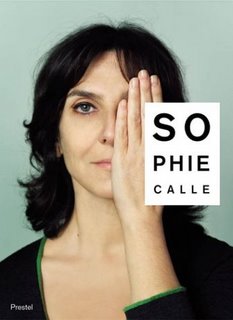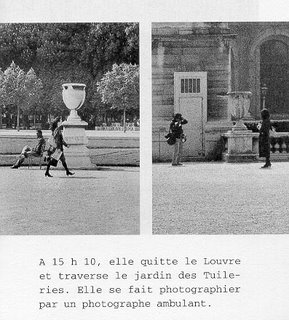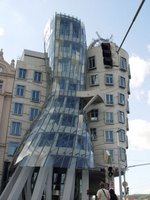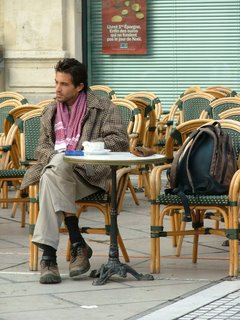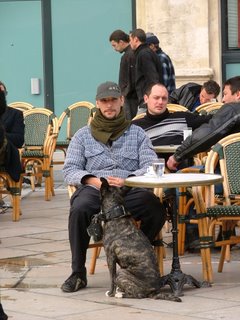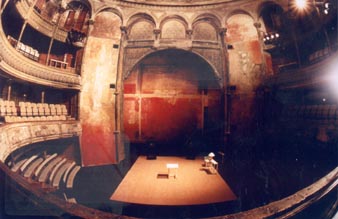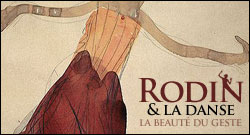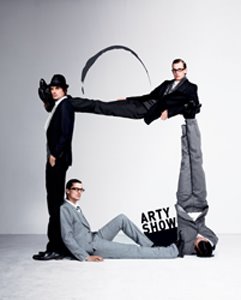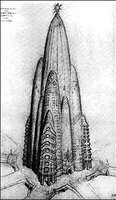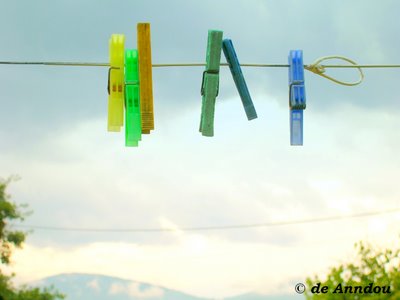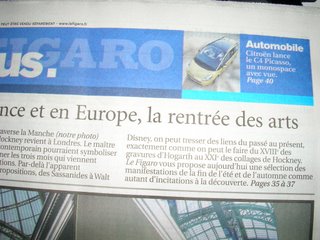-- And nobody does it better than the French
By Joel Achenbach (Washington Post, Sunday, August 13, 2006; Page W11)
In Paris, you sit in the cafe, like Sartre and Simone de Beauvoir. Sitting in a cafe is one of the main activities in Paris. It's what Parisians do instead of working or jogging. They have a natural talent for it, the way Americans are good at going to the pool, grilling meat or driving interstate highways.
The crucial skill in a cafe is the ability to gear down, from second to first, and then down yet again to a special, Gallic gear that is nearly paralytic. It's a bit like being dead, but with better coffee.
The chairs in the cafes are lined up in rows, facing outward, toward the theater of Paris street life. Or perhaps it is the patrons who are on display. Their posture says: Here, look at us, full in the face, as we sit in the cafe so brilliantly, thinking our big French thoughts.
Like the other day, I was nursing an expensive thimble of wine in a cafe on the Rue de Something, near the Avenue des Whatevers, and to my immediate left sat a Frenchman in a pose so relaxed he might have been modeling for Toulouse-Lautrec. He was doing nothing, and doing it with panache. Between two fingers dangled a cigarette that remained lit even though he never did anything so animated as puff. It was hard to tell if he was truly drinking his glass of red wine; the level went down so slowly it may have been merely evaporating.
Why did he not try to achieve something? The café advertised WiFi, but no one had a laptop. This was not Starbucks. There was no American compulsion to multitask, to use the cafe as a caffeination station and broadband platform for another increment ofaccomplishment.
Conceivably I could have spoken to the Frenchman, but the language barrier is significant; I am afraid to attempt anything in French in a cafe lest it be incorrect both grammatically and existentially.
Perhaps the Frenchman was dreaming up an elaborate sociohistorical theory, positing that human civilization has been in decline since the invention of the croissant. Or perhaps he was just enjoying the Latin Quarter, a section so old that I am pretty sure its residents still speak in Latin. The nearby Notre Dame Cathedral was built in the Middle Ages, when the European idea of comic relief was a stone gargoyle.
Parisian commerce is quaint, which is to say, hopelessly inefficient, requiring that shoppers pay the equivalent of a charm tax. You go to one little market to buy your cheese, another to buy your jalapenos, another to buy your corn chips, another to buy your salsa; only then can you make nachos.
I had an urge to blast the Frenchman out of his reverie. "Excuse me, I'm from Wal-Mart," I could say. "We're putting in a superstore right over yonder on the Rue Dauphine. Gonna kick some serious retail derriere, ya dig?" Then, as though he could hear me thinking, the enervated Frenchman finally did something: He looked at his cellphone. Action in the cafe! He didn't make a call, let's be clear on that, but he studied the cellphone. It dawned on me: He was going over all the speed-dial listings of his mistresses.
Now we're getting down to business. Sure, he ponders the big Frenchy thoughts as he camps in the front row of the cafe, but he's also scoping out the Parisian femmes, who are tres magnifique! That is French for "bodacious." These women tend to be slinky and stylish and sophisticated, and they make American women look, by contrast, as though they just fell off a hay wagon. The femmes have an air of saucy liberation. You can imagine that they are writing Volume 4 of their projected nine-volume encyclopedia on les artes erotiques. They're on the chapter about the webbing between the toes. That lovely muscle tone in the upper arms? That's from all the time they spend on the trapeze. (Conceivably this is a projection from the tourist's subconscious: We've seen those subtitled films where a layabout Frenchman does nothing but smoke cigarettes and all the women take off their clothes.)Eventually, I reached the obvious conclusion that the man beside me was a professional sensualist. It's a job that doesn't exist in America outside of certainZip codes in California. For the sensualist there are long recessions, even depressions, as the economy of romance goes into a dive. One sits in the cafe and hopes for an upturn in the market.
I sympathize: It's hard work. A grind, at times. But it sure beats the heck out of doing nothing.
Read Joel Achenbach weekdays at washingtonpost.com/achenblog.
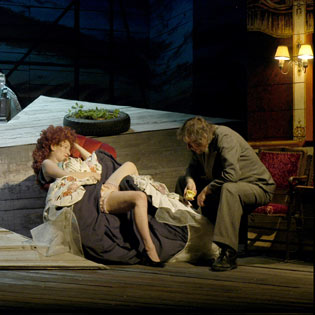 29 Sept 2006
29 Sept 2006
